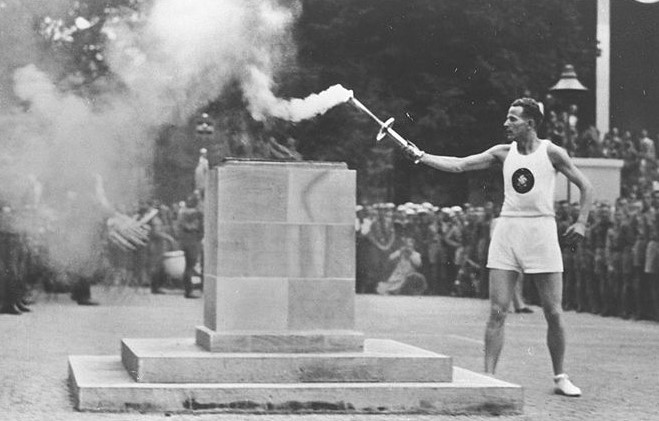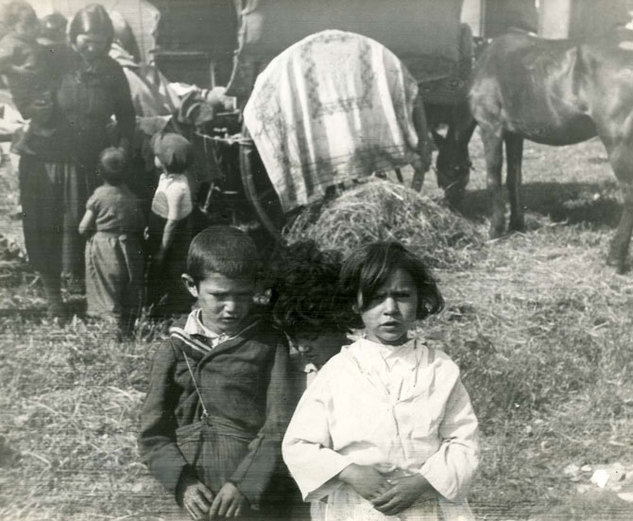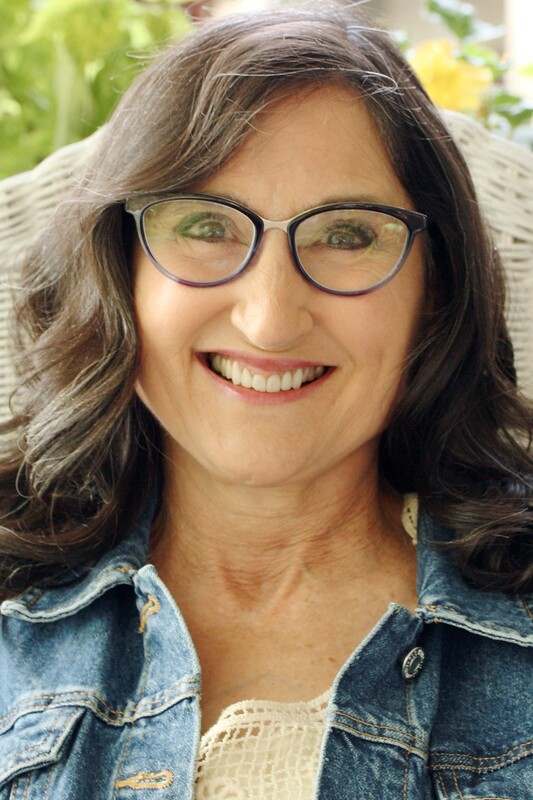|
Just hours from now, hundreds of millions of television viewers will tune in later today for the opening ceremonies of the Olympic games in Rio, a modern global spectacle with historical roots in Nazi Germany. The Berlin 1936 games were the first ever broadcast on television, and the first to feature the Olympic torch relay from Greece to the site of the games. The torch-lighting was part of Nazi plans to host an Olympics that would out-shine all previous games. Adolf Hitler's propaganda machine was also the first to plan a monumental Olympic stadium. Built of natural stone, with massive budget over-runs, it became the largest coliseum in the world, seating 110,000 spectators. In the month before the dazzling opening ceremonies police arrested nearly one-thousand Roma and Sinti people, interning them in a camp on the edge of the city near Berlin's sewage fields. Organizers in Rio de Janeiro promise a pared-down opening ceremonies due to budget constraints, they have swept their city of "undesirable" street children prior to the onslaught of international tourists, just as the Nazis "cleaned-up" Berlin. In the Copacabana and Maracanã neighborhoods, teenagers and children as young as seven sleep by the roadside and beg for change. Youth advocates say Rio police are detaining children arbitrarily — and in some cases kids are simply vanishing. China's pre-Olympic sprucing-up rid Beijing of beggars, hawkers and prostitutes. See video here... Few stood up to Nazi propaganda portraying Germany as a tolerant and hospitable nation. The only country to boycott the 1936 games was the Soviet Union. But three young Jewish girls gave up their Olympic dreams to follow their consciences. 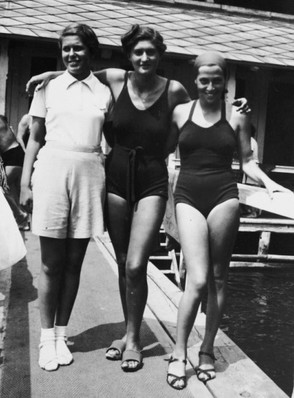 Judith Deutsch, (left in photo) Austria's top swimmer in the mid-1930s, knew of the persecution of Jews in Germany and she experienced much anti-semitism in her home country. She and two other Austrian swimmers, Ruth Langer (middle in photo) and Lucie Goldman (right) swam at a Jewish club because they were barred from training pools, by signs reading No entry for dogs and Jews. At age 14, Ruth held eight national titles and the Austrian records in 100m and 400m free-style. Judith dominated Austrian swimming 1934-36 and was the Austrian National champion in the 100-meter freestyle, 200-meter freestyle, and 400-meter freestyle all three years; she was elected Outstanding Austrian Athlete in 1935. Three young Jewish girls gave up their dreams to follow their consciences. 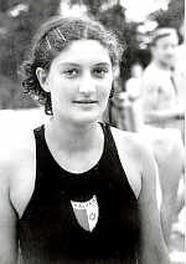 The girls took a stand, stating, ''We do not boycott Olympia, but Berlin." In an interview with Reuters, Ruth said, "It was a once-in-a-lifetime opportunity. But being Jewish, it was unthinkable to compete in the Games in Nazi Germany, where my people were being persecuted.'' Because of their refusal to swim in Berlin, Ruth (at right), Judith and Lucie were stripped from the Austrian record books, and suspended by Austrian authorities from all national and international competition. 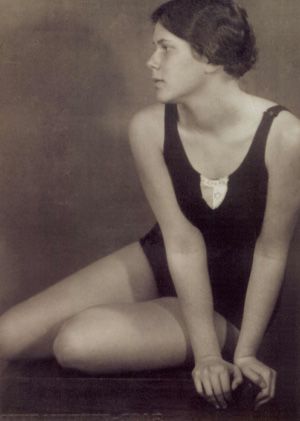 All three girls escaped the Holocaust. Judith (left) emigrated to Israel and became the Israeli National champion and represented Hebrew University at the 1939 World University Games, winning a silver medal. Lucie Goldman, the Austrian backstroke champion, escaped to Australia. In 1995, when the Austrian government finally apologized and reinstated the champions’ records, all three women declined to travel to the ceremony. Judith wrote: "I am happy to accept your apologies and the withdrawal of sanctions against me...And in no way do I regret having done what I did sixty years ago." When American Jews and Christian and labor groups called for U.S. athletes to boycott the 1936 Olympics, the US Olympic Committee President, Avery Bundage traveled to Germany to investigate claims of Nazi discrimination against Jews. He reported such claims were exaggerated “and the unhindered continuance of the Olympic movement were more important than the German-Jewish situation.” Three Jewish-American track and field athletes withdrew from Olympic trials in protest of Nazi policies. See the PBS film The Nazi Games here... Comments are closed.
|
I'm fascinated to discover little-known history, stories of people and events that provide a new perspective on why and how things happened, new voices that haven't been heard, insight into how the past brought us here today, and how it might guide us to a better future.
I also post here about my books and feature other authors and their books on compelling and important historical topics. Occasionally, I share what makes me happy, pictures of my garden, recipes I've made, events I've attended, people I've met. I'm always happy to hear from readers in the blog comments, by email or social media. Archives
September 2023
Categories
All
|
